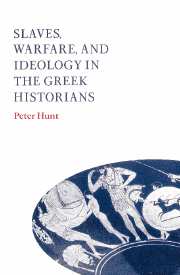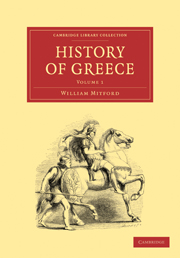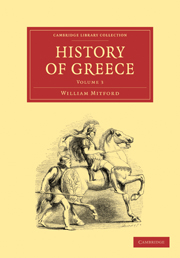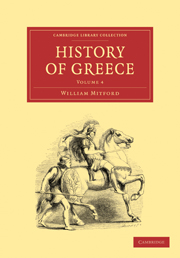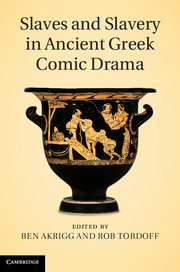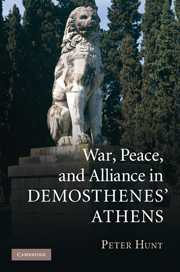Slaves, Warfare, and Ideology in the Greek Historians
This book challenges conventional opinion by arguing that slaves and Helots played an important part in classical Greek warfare. Although rival city-states often used these classes in their own forces or tried to incite their enemies' slaves to rebellion or desertion, such recruitment was ideologically awkward: slaves or Helots, despised and oppressed classes, should have had no part in the military service so closely linked with citizenship, with rule, and even with an individual's basic worth. Consequently, their participation has tended to drop out of the historical record. Focusing on Herodotus, Thucydides, and Xenophon, this study attempts to demonstrate the actual role played by slaves and Helots in warfare, the systematic neglect of the subject by these historians, and the ideologies motivating this reticence.
- Controversial interpretation of classical Greek military history
- New readings of Herodotus, Thucydides, and Xenophon
- Comparative sections on Rome, Mamluks, and Confederacy
Reviews & endorsements
"Hunt's important book challenges some of the most fundamental premises of Greek historiography. ...this book will interest all students of Greek history and historiography. Undergraduates and above." Choice
"Hunt has written a wide-ranging and ambitious book." Jeremy Trevett, Phoenix
"Coolly and elegantly written and almost wholly persuasive, it is an original and powerful contribution to the study of Greek warfare and Greek ideologies of slavery and serfdom...the book is a major contribution to the understanding of the contradictions inherent in the functioning and the ideology of slave systems." American Historical Journal
"...this book is a worthwhile and readable study of Greek attitudes about war and slavery...As a sensible and well-reasoned challenge to the current orthodoxy this book is to be welcomed." Red River Historical Journal
Product details
May 2002Paperback
9780521893909
264 pages
228 × 156 × 18 mm
0.44kg
Available
Table of Contents
- 1. Background: warfare, slavery, and ideology
- 2. Herodotus: the Persian Wars
- 3. Herodotus: freedom or slavery
- 4. Thucydides: Helots and Messenians
- 5. Thucydides: manning the navies
- 6. Thucydides: encouraging slave desertion
- 7. Thucydides: the ideology of citizen unity
- 8. Xenophon: ideal rulers, ideal slaves
- 9. Xenophon: warfare and revolution
- 10. Xenophon: the decline of hoplite ideology
- 11. Conclusion: Volones, Mamluks, and Confederates.

